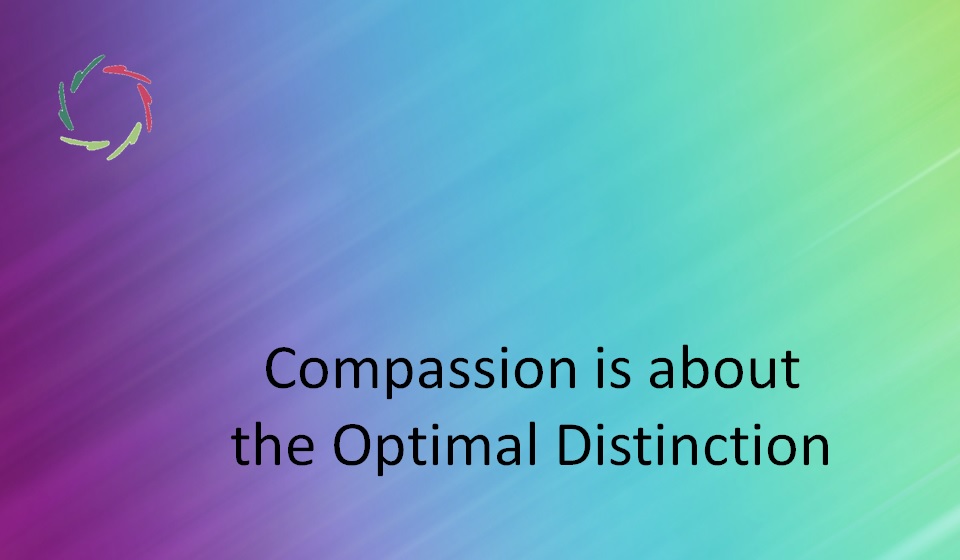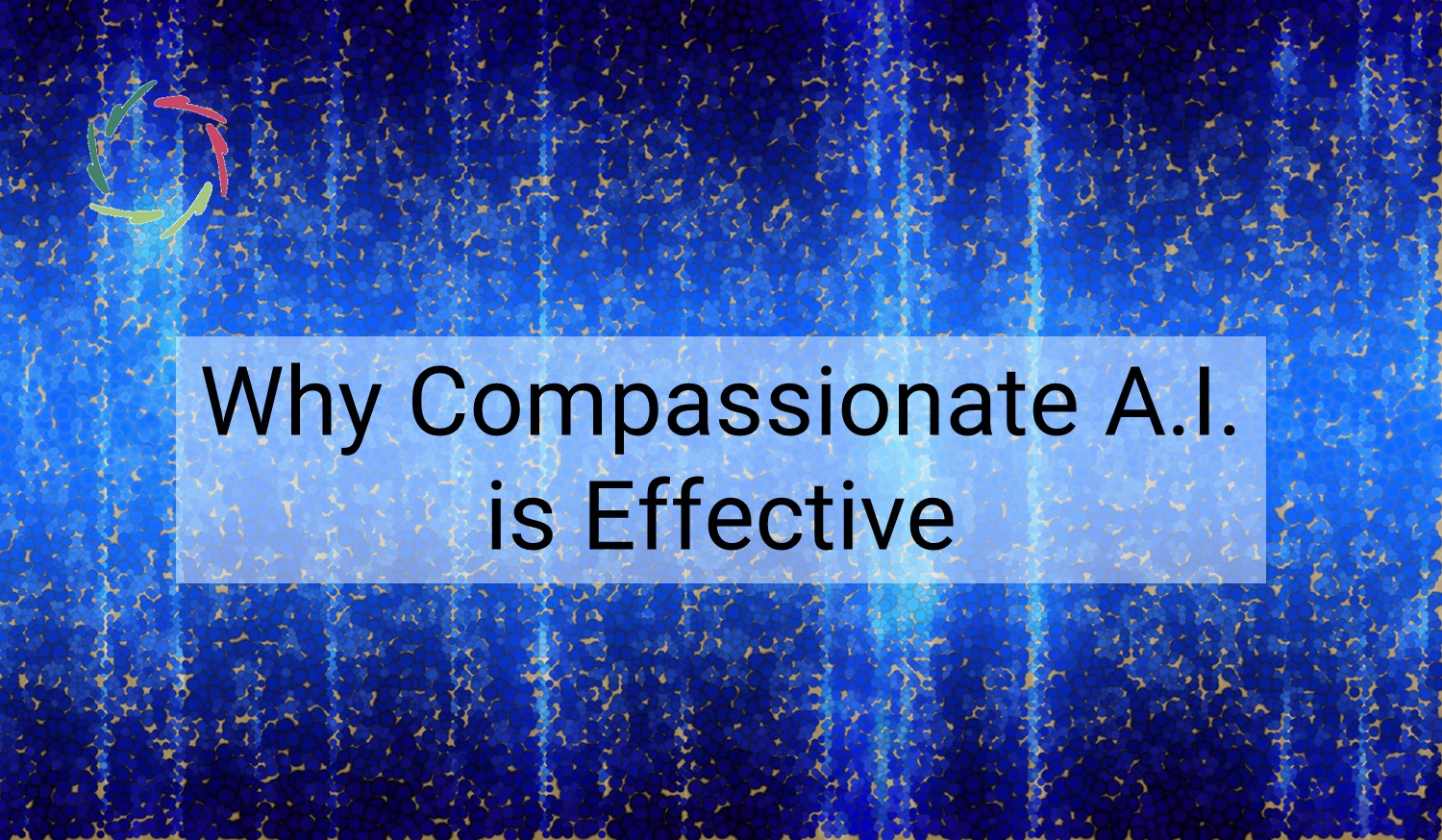Compassion = Empathy-Beyond

The difference, conceptually, mainly denotes the importance of subconceptual mental processing.
This is my use of terminology. Please look at it conceptually ― much more interesting. [see: “Conceptual Landscapes”] In any case, the two concepts have fuzzy and overlapping borders.
Please also read about this other distinction: [see: “Altruism – Compassion”]
Empathy beyond the conceptual, on the path toward Compassion
[see also: “Empathy in 1, 2, 3 – Part 3: ‘Beyond the Conceptual’”]
A Compassionate person is necessarily also empathic. Yet, Compassion, as a concept, emphasizes depth, thus on broadly distributed mental-neuronal ‘subconceptual’ patterns. [see: “Compassion, Basically”] Compassion includes what cannot be conceptually grasped [see RG: “Empathy Beyond the Conceptual Level”]
A meditative mindset is needed. Formal meditation can surely help to reach Compassion, while empathy can go without.
To deeply = to broadly
This way, Compassion goes to deep inside, from there spontaneously to outside and to action, like an overflowing bucket. The action is towards helping other people also in their Compassionate path. This leads to their self-Compassion, then also towards yet others.
It’s like an energy that gets dispersed and at the same time gets stronger ― a positive vicious circle.
Some comparisons and metaphors
Compassion is the art form of empathy. [see: “Is Compassion Art?”]
Empathy can be strictly prosaic, whereas Compassion is definitely also poetic. Its poetic mindscape can be an alternative to conceptual religion, whereas empathy can never do so.
Empathy can let you skate upon a pond in wintertime, whereas Compassion is the whole pond.
Empathy can be like sand, whereas Compassion is like water. It’s a different medium, enabling different things. One can be confused with mud, being sand and water together. When a plant needs water, it can be helped with mud, but not with sand. This way, the confusion can last for a while, but in the end, of course, it’s better to gain proper insight.
Some other distinctions
Empathy can be rather feeling-related or rather thinking-related. In Compassion, thinking and feeling are transcended towards each other.
Empathy is not necessarily rational, whereas Compassion encompasses the utmost striving for rationality.
In Compassion, it’s much harder to conceive the absence of morality. An empathic person can be charismatic and dangerous at the same time. I think of someone like Hitler, for example.
Compassion is basically bent on the Compassionate other, and thus on deep communication ― not just dialogue.
Importance in coaching
In Compassionate coaching, depth can be kindled from the inside out. Thus, we attain the field of human growth. In AURELIS coaching, this is deemed as important as the relief of suffering (diminishment of symptoms).
This is also crucial in leadership and burnout, stress, motivation, career coaching, etc. Without ‘the inside out,’ there is no growth. One can only put people into categories (boxes) that may feel comfortably secure until life comes knocking again.
Only Compassion works most profoundly and durably. [see: “Only Compassion Works”]


